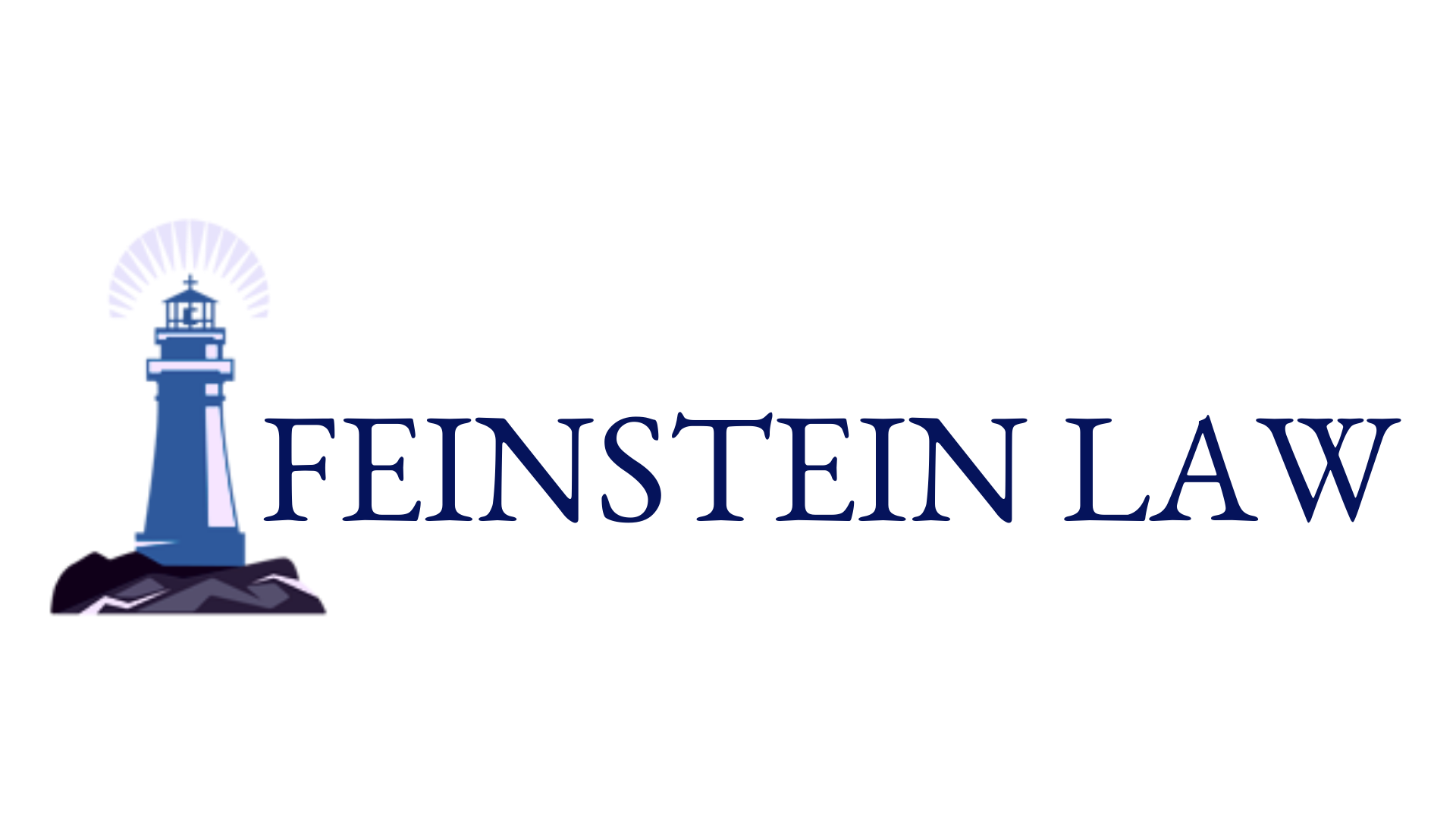One of the most troubling times for startups and small micro capitalization companies is the funding period were a company has a tremendous idea and now needs capital to make their dream become a reality. Most cannot rely on a wealthy relative to fund their project, or even if they are so lucky to have funding for development, the company may need more funding for production. This is where the utility of Rule 504 of Regulation D (The Friends and Family Exemption) may come into play.
For some companies, Rule 504 of Regulation D provides an exemption from registering with the U.S. Securities and Exchange Commission (“SEC”). The exemption provides the company with an opportunity to raise capital while not expending valuable resources to conform with the cumbersome federal securities laws. Under Rule 504, a company can offer and sell up to $1,000,000 of their securities in any twelve (12)-month period but must wait six (6) more months after the end of the twelve (12)-month selling period before they can sell anymore equity in the company. So, in theory, a company could wait six (6) months after the initial raise and offer to sell up to a $1,000,000 in stock every eighteen (18) months!
However, there are other provisions that must be comported with or the SEC will remove the exemption thus requiring the company to file reports under the Securities Exchange Act of 1934 with the SEC (and spend several thousand dollars doing so). A company wishing to take advantage of the 504 exemption cannot be a blank check company. A blank check company is a development stage company that has no specific business plan or purpose nor has indicated its business plan is to engage in a merger or acquisition with an unidentified company or companies, other entity, or person. Also, the exemption generally does not allow companies to solicit or advertise their securities to the public and purchasers receive “restricted” securities, meaning that they cannot sell the securities without registration or an applicable exemption to registration. However, there is an exception to the solicit or advertise rule, if one of the following circumstances are met then Rule 504 will allow companies to solicit or advertise their securities to the public and to sell securities that are not restricted:
- The company registers the offering exclusively in one or more states that require a publicly filed registration statement and delivery of a substantive disclosure document to investors;
- A company registers and sells the offering in a state that requires registration and disclosure delivery and also sells in a state without those requirements, so long as the company delivers the disclosure documents required by the state where the company registered the offering to all purchasers (including those in the state that has no such requirements); or
- The company sells exclusively according to state law exemptions that permit general solicitation and advertising, so long as the company sells only to “accredited investors.”
It is important to remember that, if looking, the SEC can find numerous ways for a company to inadvertently violate federal securities law. So, even if a company makes a private sale where there are no specific disclosure delivery requirements, the company should take care to provide sufficient information to investors to avoid violating the antifraud provisions of U.S. securities laws. This simply means that any information a company provides to investors must be free from false or misleading statements. Additionally, the company should not exclude any information if the omission makes what is provided to investors false or misleading. The company should be very open and honest with their investors and not attempt to “hide the ball.” The basically means that if the investor would rely on the information to make an investment decision, then that information should be included in the documents provided to investors.
Companies relying on the Rule 504 exemption do not have to register their securities offering with the SEC, however, they must file what is known as a “Form D” electronically with the SEC after the sell their first securities (in some cases it is necessary to file Form D before selling). Form D is a brief notice that includes the names and addresses of the company’s promoters, executives officers and directors, and some details about the offering but Form D contains little else about the company.
The Rule 504 exemption is a tremendous mechanism in which to raise a small capital investment for a startup or micro capitalization company while providing investors with an early opportunity to capitalize on their early investment. However, as with all investments, there is significant risk in utilizing Rule 504 because the company may have little to no information available let alone developed product. Additionally, for the companies wishing to use Rule 504, the process can be extremely frustrating and complex depending on the number of states in which the company wishes to solicit or advertise and/or conduct business. For example, Rule 506 allows for federal preemption, meaning the company needs to only register with the SEC and can now conduct a raise all over the U.S. without (significantly) worrying about state Blue Sky laws. However, under Rule 504, a company must conform and comport with all applicable state Blue Sky laws in which the offer is made. In some cases, this can lead to significantly more work for the company than it is worth. It is important to discuss this type of tactical and practical implications with your securities attorney to avoid the common pitfalls of offering exemptions and registrations.
This securities law blog post about Rule 504 is provided as a general informational service to clients and friends of Feinstein Law, PA and should not be construed as, and does not constitute, legal and compliance advice on any specific matter, nor does this message create an attorney-client relationship. For more information concerning the rules and regulations affecting the going public direct transactions and direct public offerings please contact Feinstein Law, PA at (619) 990-7491 or by email at Todd@Feinsteinlawfirm.com or JDunsmoor@Feinsteinlawfirm.com. Please note that the prior results discussed herein do not guarantee similar outcomes.

